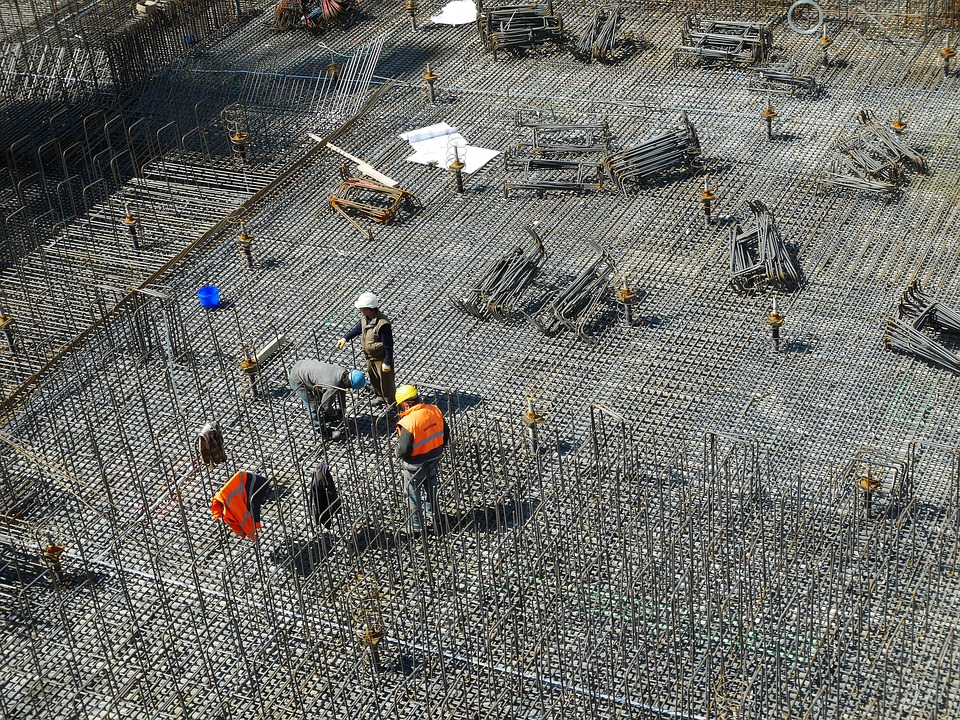
Project management in the construction industry encompasses a wide range of components. In addition to the building process, construction project management requires knowledge of project management principles, team-building skills, and the ability to deliver a plan on time and on budget. Simply put, a project manager in the construction industry oversees the construction of a building, but the job itself is detailed, complex, and multifaceted. While the role of the PM is consistent regardless of the specific project, there are a number of different types of construction markets and projects. There are ten primary markets - manufacturing, transportation, telecom, water, power, buildings, sewer, hazardous waste, petroleum, and industrial. Within these markets, the six primary types of projects are residential, environmental, institutional, commercial, heavy civil, and agriculture.
The primary function of a project manager in the construction industry is to oversee the process of constructing a new building, which comprises four key phases:
Initiation - At the project outset, the client outlines the goal of the project and the desired outcome. They identify what they’re looking for and what’s feasible. The client also requests proposals, identifies a vendor, and chooses a project manager.
Planning - This is the phase in the process when a detailed and comprehensive plan is created. The overall plan should include the following:
- Floor plan and design - created by architects and engineers, the floor plan will include the number and size of rooms in the building, building materials, and utilities plans.
- Scope of work - the breakdown of work will be outlined, including the assignment of resources and a timeline.
- Site - the team will prepare the building site for the building process.
- Materials - the planning process includes the identification and procurement of all materials needed to execute the plan.
- Risk management - a risk management plan will be designed with the intention of keeping the project on schedule and ensuring all workers are safe.
- Communications plan - a plan to communicate with the team during the process of the project will be decided.
Execution - This is the building phase of the project. As the plan is implemented, the project manager needs to track that the process is on track, on time, and on budget. During the execution phase, it’s the project manager’s job to ensure the project is progressing in accordance with the contract and scope of work. Additionally, the PM ensures the work site is safe, in accordance with safety protocols, and up to code. During the building process, the PM also needs to keep logs and write status reports so that the client has information and guides for the building once the work is done.
Closure - Once the building is constructed, the PM works with the client to hand over all information and confirm that the work has been done in accordance with the plan. The systems and equipment are tested, the client and inhabitants are trained on how to operate the systems and facilities, all safety protocols and codes are checked, and the PM and clients debrief.
There are a number of obstacles that can arise during the process of the project. Budget overruns and nonadherence to the agreed-upon contract are common issues that occur and can be caused by a number of factors, including data mismanagement, safety violations, insufficient worker education, and collaboration issues. Construction projects commonly have a level of uncertainty at the outset, which can lead to conflicts among staff. It’s the responsibility of the PM to resolve disputes and provide mediation and conflict resolution meetings to the disputing parties. In the worst-case scenarios, the PM also needs to avoid and mitigate legal issues that can be the result of contract discrepancies, overhead extensions, and potential project delays.
In addition to overseeing all of the above, the role of the project manager includes some additional details. First, there are a number of software platforms and programs that are used in the industry. Digital project management tools can also enable the PM to track the progress of multiple projects without having to be at each work site. Second, the PM often needs to vet and hire subcontractors and workers and manage the team during the lifecycle of the project. Lastly, it’s up to the PM to decide how best to manage the schedule and keep all components of the project on track.
Construction project managers often have a significant amount of work on their plates, but the pay can also be significant. They need to have a range of skills in order to be successful in the field, including problem-solving, leadership, document management, and communication skills. Project managers also need to be able to work with a wide range of colleagues during the project. Though the industry is complex and challenging, a career as a construction project manager can be exciting and rewarding for the right people!
